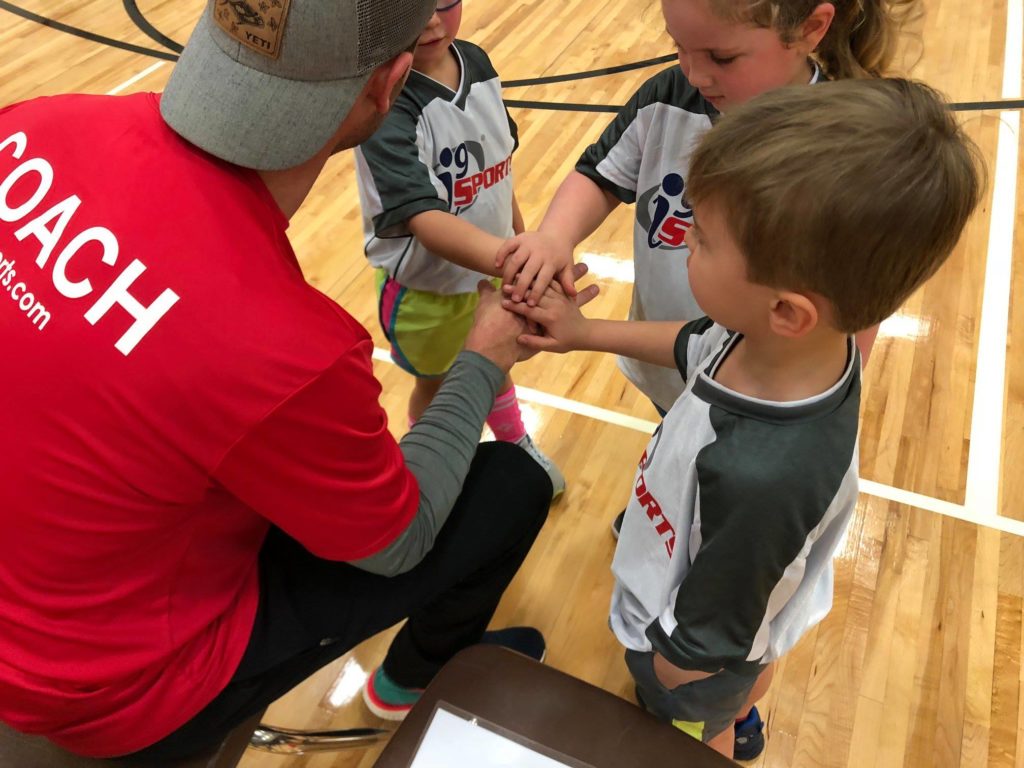What to Do When Your Child Wants to Quit Playing Sports
Coaches and parents are no strangers to the words, “I quit!” As a supportive parent of a young athlete, what should you do if you hear this phrase ring out across the basketball court or soccer field? Use this guide to help you and your child make the right decision for their athletic future.
Should You Let Your Kids Quit Sports or Make Them See the Season Through?
The best way to avoid your child wanting to quit playing youth sports is to talk to them before signing up for a youth sports league. Make sure your child is interested in the first place and knows what physical activities and weekly time commitments are required. Also, convey your expectations for whether you will allow your child to quit mid-season if they want to stop playing.
Of course, if you already have a child who wants to quit sports, it’s too late to have a preventative conversation. Consider that the decision to quit is typically less significant if your child is very young. Your 4-year-old may simply not have the attention span to play T-ball—and that’s okay. You can always revisit the option when your child gets a little older. However, if your 12-year-old who has been playing flag football for five years says they’re ready to call it quits, you should take this decision very seriously.
Many parents fear that their child’s desire to quit is an early sign that they will always give up when things get tough. Fortunately, such fears are usually unfounded. Rather than dwelling on the fact that your child wants to quit, take time to figure out why.
Why Do Kids Quit Sports?
According to a poll from the National Alliance for Youth Sports, 70% of young athletes stop playing organized sports by age 13—and never play again. Here are the top reasons why kids quit sports:
- Coaches and parents set unrealistic expectations.
- The child believes they don’t measure up to other athletes.
- The game gets too competitive.
- Parents push the child to specialize in only one sport.
- Teammates, competitors, or coaches tease, bully, or embarrass the child.
- The child is frustrated by the lack of playing time.
- The child has competing interests and pressures on their time.
Most of these reasons boil down to one thing—playing sports just isn’t fun anymore.
How to Talk to Your Child About Quitting Sports
Your first job is to investigate your child’s motivation for wanting to quit. Ask what has changed since the season started. Keep digging until they offer specific reasons why they no longer want to play.
Once you have a little insight into your child’s thoughts and feelings, the next step is to brainstorm solutions. Ask your child how they think they should manage their commitment to the team until the season is over. Is there a way to make the experience better without having to quit after all? It’s worth trying out a few things before throwing in the towel.
Talk to your child’s coach, too. Open communication may help you resolve the issue. For instance, if harassment from other kids is a factor, the coach can make a big difference in stopping this pattern.
If the issue is skills-related, parents and coaches can often work with the child to help them improve. It may also be a matter of explaining to the child that their skill level is right where it should be for their age or experience level. Remind your child that playing sports is about more than being the best—it’s about working as a team, developing new skills, making friends, and, most importantly, having fun!
Should You Let Your Kid Quit a Sport Mid-Season?
Participating in sports can be a very positive experience for some children, even those who go through periods of wanting to quit. Finishing what they started is an important lesson for many kids to learn. Still, if your child feels threatened, bullied, or unsafe in their sporting program, quitting may actually be the best choice. No matter the situation, make it clear to your child that quitting does not make them a failure.
The bottom line is every situation is different. Whether you allow your child to quit or push them to finish out the season is a very personal decision. Just make sure that if you keep your kid in sports, you’re doing it for the right reason—not because you’re forcing them to follow in your footsteps or so you can live vicariously through them. If it turns out your child simply doesn’t enjoy the game, perhaps you can help them find a different sport or another physical activity they find fun and fulfilling.
i9 Sports®—The Way Youth Sports Should Be®
Youth sports are meant to be a positive experience for both you and your child. If you’re looking for a program with age-appropriate instruction, good sportsmanship, and convenience for busy families, look no further than i9 Sports®. We are the nation’s fastest-growing youth sports league franchise, offering flag football, soccer, basketball, baseball, lacrosse, volleyball, and more. Our number one focus is making sure your child has fun. On top of that our one-day-a-week programs help your athlete strike a healthy balance between sports, school, and family time. To learn more, please browse our programs or contact your local i9 Sports® office today.
